10 Essential Tips for Choosing the Right Construction Site Dumpster Rental
Selecting the appropriate dumpster rental for your construction site is a crucial decision that can significantly impact the efficiency and effectiveness of your project. With a plethora of options available, it's essential to understand the various factors involved in choosing the right construction site dumpster rental to meet your specific needs. Whether you are managing a small remodeling job or a large-scale construction project, having the right dumpster on-site can streamline waste disposal, enhance site safety, and keep your project on schedule.
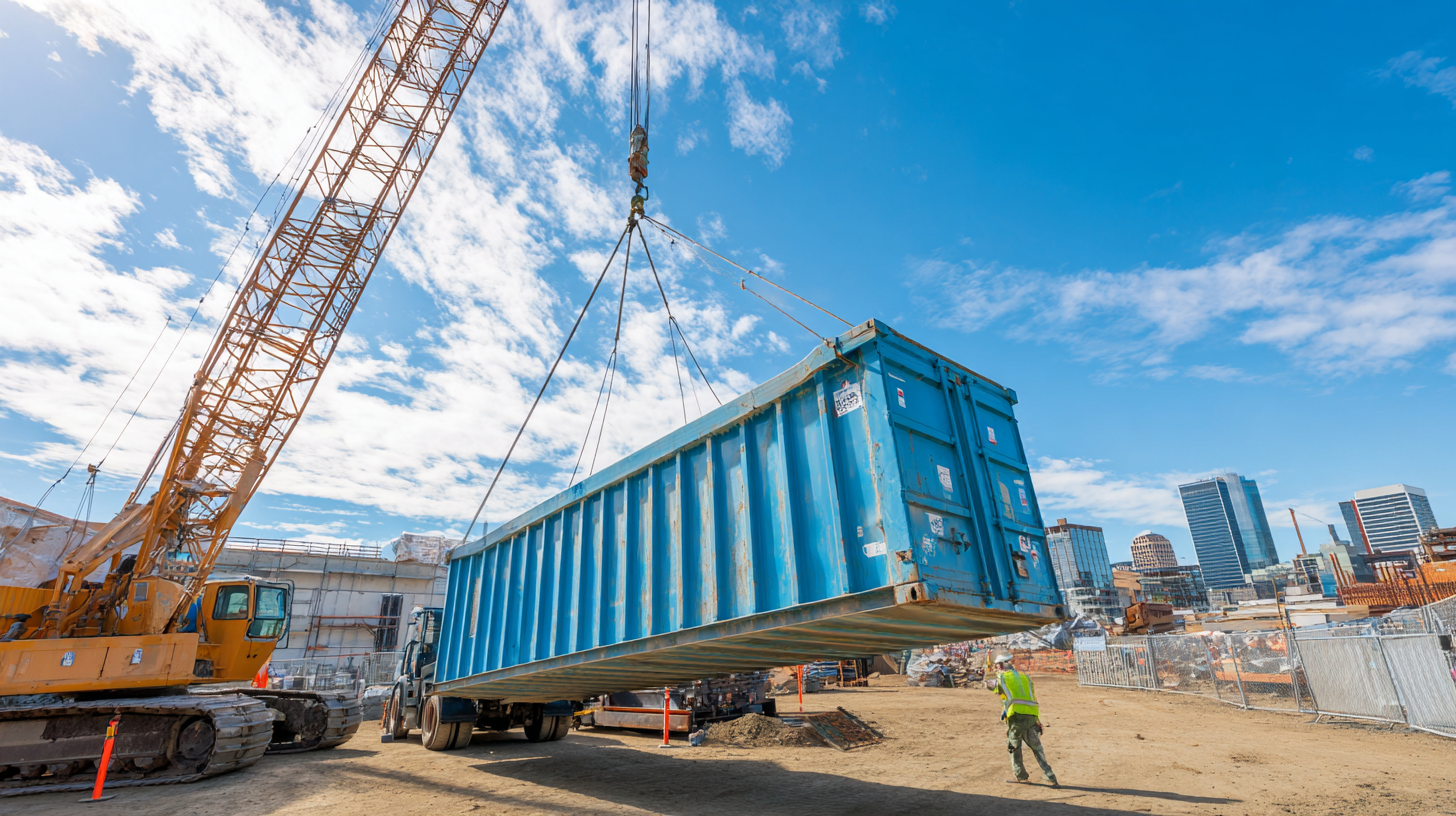
In this guide, we present ten essential tips that will equip you with the knowledge needed to make an informed choice regarding your construction site dumpster rental. From assessing the size and weight limits to understanding the rental terms and disposal methods, each tip is designed to help you navigate the complexities of waste management in construction settings. By following these guidelines, you’ll not only save time and money but also foster a more organized and environmentally responsible construction site.
Understanding Local Regulations for Construction Site Dumpster Rentals
When renting a dumpster for a construction site, understanding local regulations is crucial. Each municipality may impose specific laws regarding waste disposal, zoning restrictions, and allowable materials for landfill. For instance, according to a report by the Environmental Protection Agency, improper waste disposal can lead to fines that reach thousands of dollars, emphasizing the need for compliance with local guidelines. Construction companies must research regulations that pertain to their project’s location to prevent costly penalties and ensure responsible waste management.
Moreover, with companies expanding their dumpster rental services, like those focusing on both residential and commercial projects, it is imperative for contractors to select a service that is knowledgeable about local laws. This ensures that the chosen dumpster rental aligns with local environmental standards and operational requirements. In a recent market analysis, the dumpster rental industry has seen a projected growth rate of 5.4% annually, highlighting the increasing demand for these services. Understanding local regulations can significantly impact the overall efficiency and legality of construction projects, making it a priority for any contractor involved.
Evaluating Dumpster Sizes Based on Project Waste Volume and Type
When selecting a dumpster for your construction project, evaluating the sizes based on the volume and type of waste is crucial. Different projects generate varying amounts of debris, such as concrete, wood, metal, or mixed materials. Understanding the waste composition can guide you in choosing an appropriately sized dumpster. For example, a small renovation may only require a 10-yard dumpster, while a large commercial demolition could necessitate a 30-yard container.
Additionally, it’s important to consider the impact of the waste type on the dumpster size. Heavy materials like bricks and concrete can quickly fill a smaller dumpster, while lighter materials such as drywall or insulation allow for greater volume without exceeding weight limits. Therefore, assessing both the volume and nature of the waste is essential to avoid overage fees and ensure efficient disposal. By accurately estimating your project's waste needs, you can select a dumpster that not only accommodates your project’s requirements but also enhances operational effectiveness on-site.
10 Essential Tips for Choosing the Right Construction Site Dumpster Rental
| Tip Number | Tip | Recommended Dumpster Size (Cubic Yards) | Common Waste Types |
|---|---|---|---|
| 1 | Assess Your Project Size | 10 - 15 | Household Junk |
| 2 | Estimate Waste Volume | 20 | Construction Debris |
| 3 | Consider Waste Type | 30 | Renovation Materials |
| 4 | Check Local Regulations | 40 | Hazardous Waste |
| 5 | Plan for Accessibility | 10 - 20 | General Waste |
| 6 | Understand Rental Duration | 15 - 30 | Yard Waste |
| 7 | Request Multiple Quotes | 20 | Electronics |
| 8 | Check for Additional Fees | 30 | Metal |
| 9 | Plan for Overflow Waste | 40 | Roofing Materials |
| 10 | Choose a Reputable Service | 10 - 40 | Mixed Waste |
Comparing Rental Costs and Hidden Fees Across Different Dumpster Services
When selecting a construction site dumpster rental, it’s crucial to compare rental costs and uncover any hidden fees that may impact your budget. Not all dumpster services are transparent about their pricing structures, which can lead to unexpected expenses. Start by requesting quotes from multiple providers and ask them to break down their costs. Look for companies that offer flat-rate pricing which typically includes delivery, pickup, and disposal fees, protecting you from surprise charges.
Tip: Always clarify what is considered acceptable waste. Some companies might charge extra for hazardous materials or oversize items. Knowing these details in advance can save you money and ensure proper disposal.
Additionally, check if there are any fees for exceeding weight limits or for keeping the dumpster longer than the agreed rental period. This information can often be buried in the fine print. Understanding these details will allow you to make a more informed decision and choose a rental service that fits both your needs and budget.
Tip: Take note of any seasonal promotions or discounts available, as many dumpster rental companies offer reduced rates during slower periods. This can significantly lower your overall expenditure while still providing the right solutions for your project.
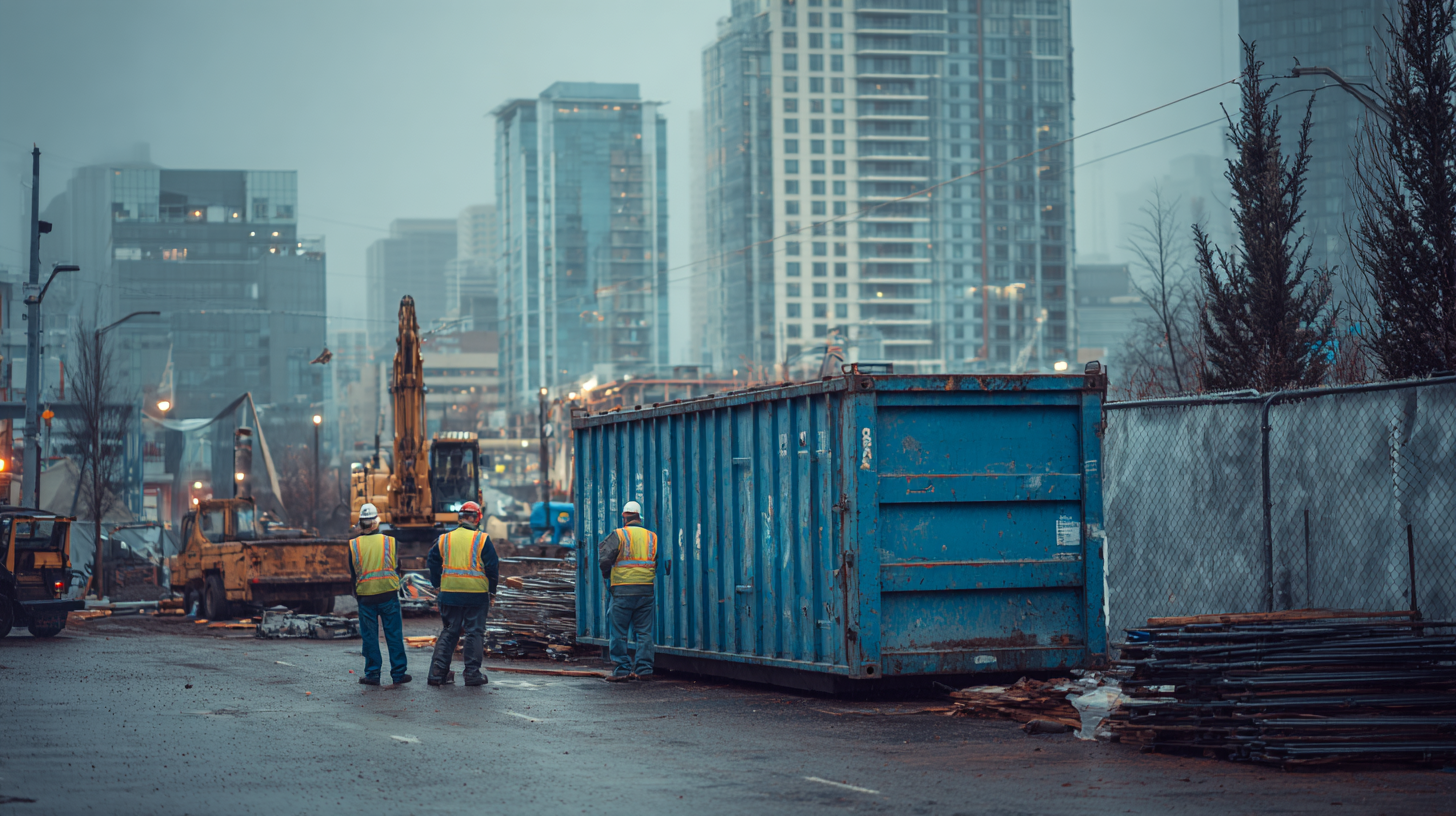
Assessing Waste Disposal Methods for Eco-Friendly Construction Practices
When selecting a dumpster rental for construction sites, it is imperative to assess waste disposal methods that align with eco-friendly practices. According to the Environmental Protection Agency (EPA), construction and demolition (C&D) processes contribute approximately 20-30% of the total waste generated in the United States. By prioritizing sustainable waste management, construction projects can significantly reduce their environmental impact. Utilizing dumpsters that promote recycling and waste diversion can help in minimizing the amount of debris sent to landfills, which, as reported by the U.S. Green Building Council, is essential for achieving LEED certification.
Moreover, the incorporation of eco-friendly disposal methods can enhance a company's reputation and promote a culture of sustainability. Many dumpster rental services are now offering options for sorting materials on-site, ensuring that recyclable materials such as concrete, metal, and wood are appropriately diverted. A study by the National Institute of Standards and Technology (NIST) showed that projects incorporating green practices can improve efficiency and reduce costs by 10-20% over time. This makes it not only an environmentally responsible choice but also a financially sound one for construction firms aiming to lead in sustainable building practices.
Waste Disposal Methods for Eco-Friendly Construction Practices
Choosing the Right Dumpster Rental Duration to Optimize Project Efficiency
When planning a construction project, selecting the right dumpster rental duration is crucial for optimizing project efficiency. A well-timed dumpster rental can significantly streamline waste management and allow your team to focus on the job at hand. To determine the duration needed, consider the scope and timeline of your project. It's important to analyze the volume of waste generated and plan for disposal at regular intervals, rather than accumulating debris that might hinder progress.
One key tip is to communicate with your dumpster rental service about your project requirements. They can provide insights based on their experience with similar projects. Additionally, assess if your project might require multiple dumpsters or a larger size to accommodate higher waste production. This proactive approach not only saves time but also reduces the risk of delays caused by inadequate waste management.
Lastly, consider the flexibility of your rental agreement. Unexpected issues can arise in construction, such as weather delays or changes in project scope. Having the option to extend your rental duration without hassle can prevent disruptions. Make sure to discuss these terms upfront to ensure they align with your project needs and avoid any last-minute complications.
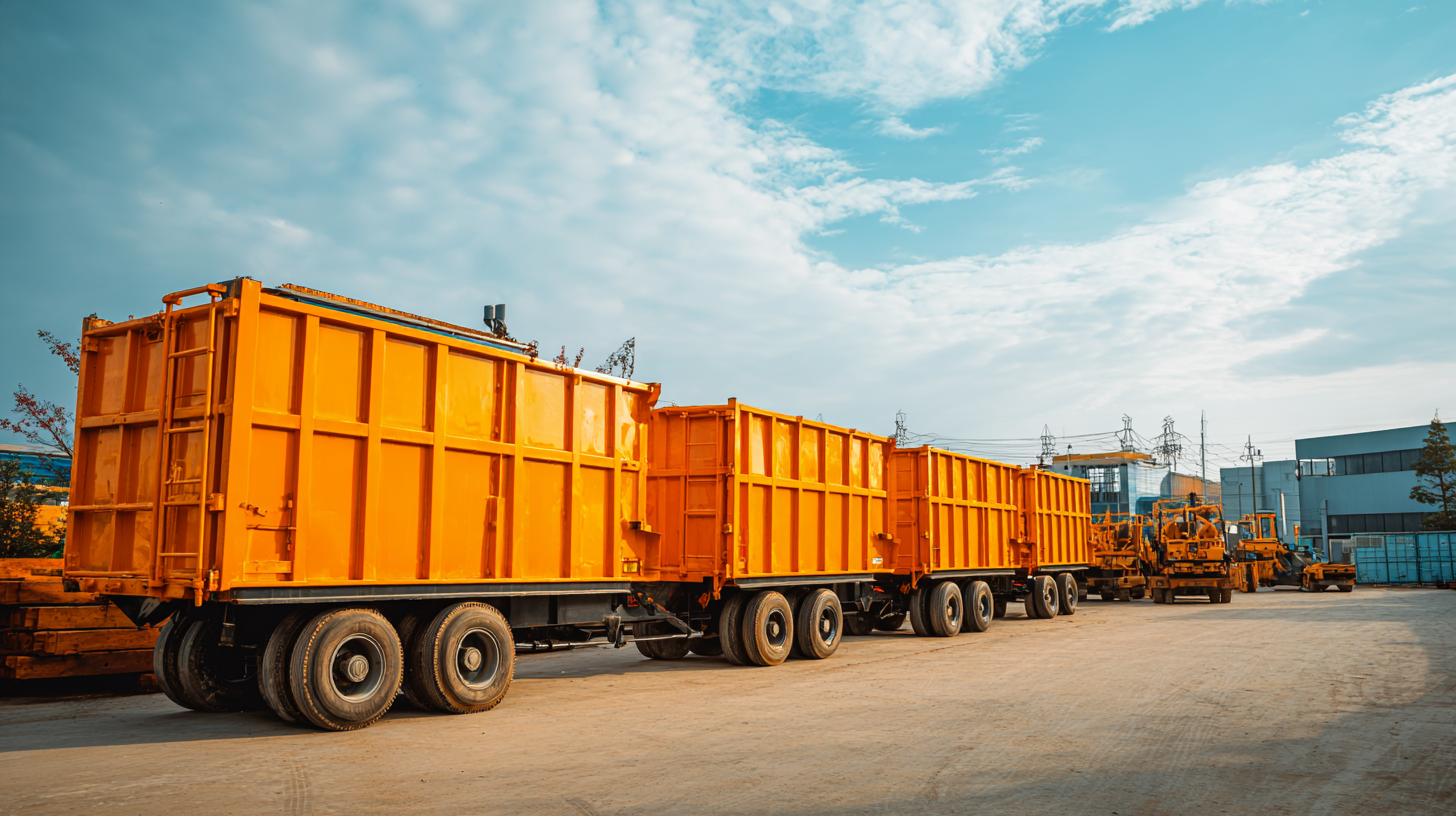
Related Posts
-
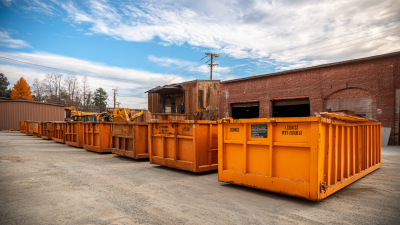
Understanding the Factors Influencing the Cost of Construction Dumpsters for Your Next Project
-
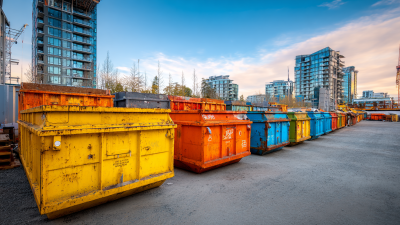
How to Choose the Right Construction Waste Dumpster for Your Next Project: A Complete Guide
-

Transforming Spaces: The Rising Trend of Eco-Friendly Construction Containers in Modern Architecture
-
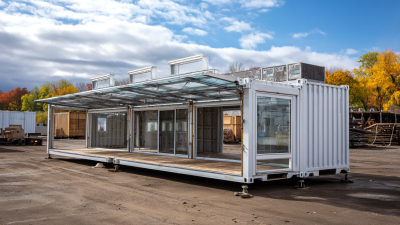
Innovative Uses of Construction Containers That Transform Projects and Save Costs
-
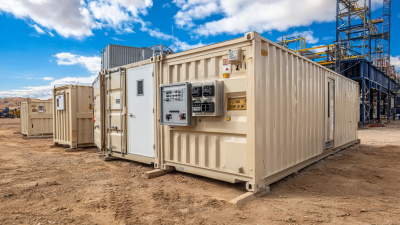
Transform Your Construction Site Efficiency with Innovative Storage Container Solutions
-

The Ultimate Guide to Concrete Dumpster Rental for Your Construction Project
